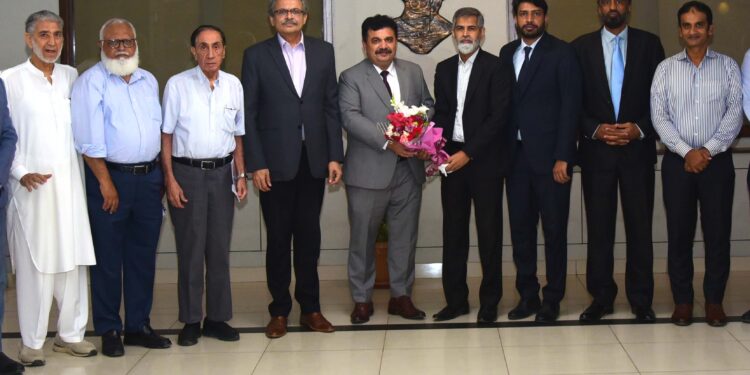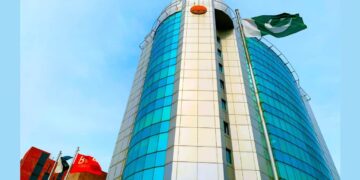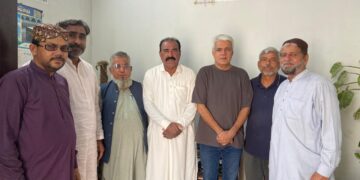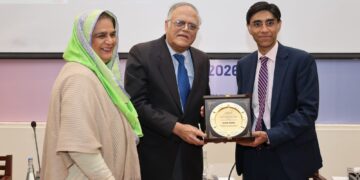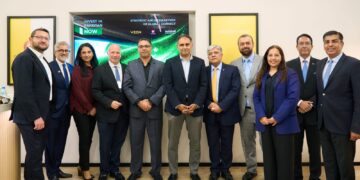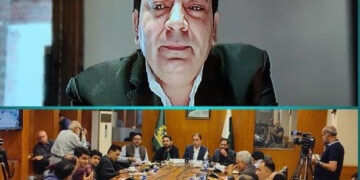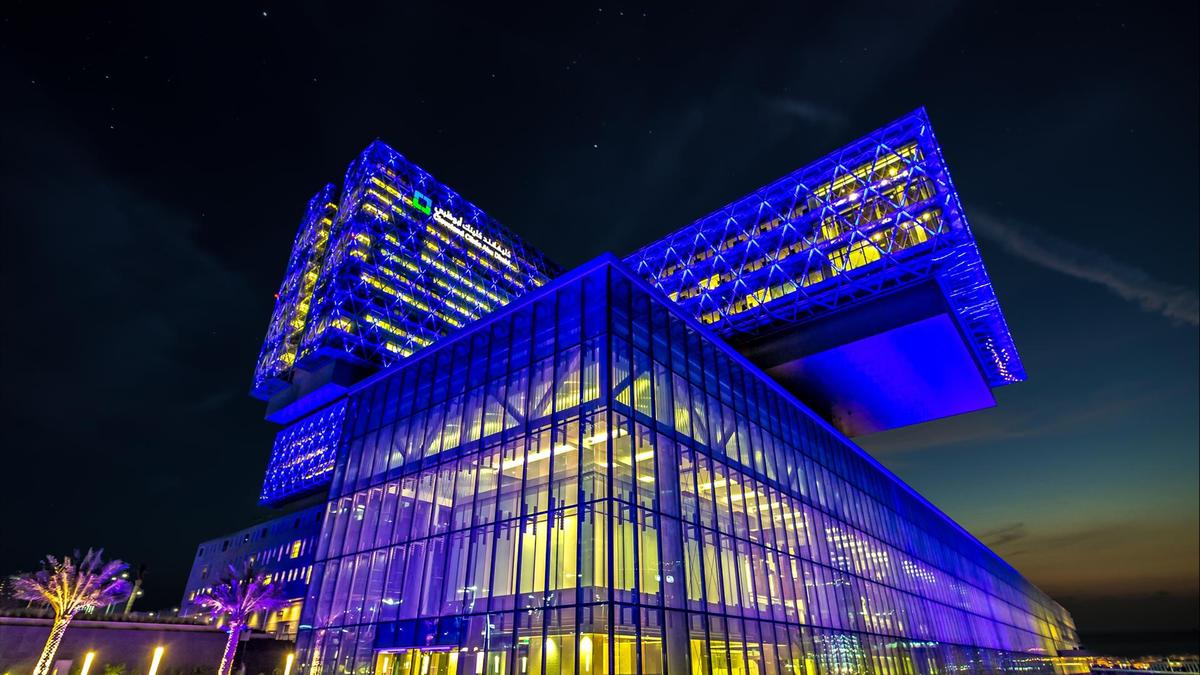KARACHI: The Administrator of Pakistan Economic Zone Development and Management Company
(PEZDMC), Brigadier Muhammad Asad, announced that the Malir Industrial Park (MIP) aims to jumpstart
industrial activity and economic stability in Karachi. Speaking during a visit to the Korangi Association of
Trade and Industry (KATI), he revealed that land allotment in the industrial park will be finalized within
48 hours, offering industrialists easy payment terms and installment options. The project is expected to
create over 200,000 jobs in its first five years.
The meeting was attended by KATI President Junaid Naqi, Deputy Patron-in-Chief Zubair Chhaya, and
other prominent figures, including Gulzar Feroz, SM Yahya, Ehteshamuddin, and Saleem-uz-Zaman,
along with PIZ DMC Secretary Brigadier (R) Aamir Nazir Malik, Director Col. Atif Zia, Advisor Imran
Siddiqui, AD Marketing Lt Col (R) Abid Ali and other officials.
Brigadier Asad confirmed that KATI will be included in the advisory council of Malir Industrial Park to
ensure effective stakeholder input. He emphasized the importance of one-window operations to
streamline processes for industrialists and investors, providing quick access to necessary facilities.
The Administrator highlighted that the industrial park will offer uninterrupted infrastructure, water, and
utilities, distinguishing it from other zones in Karachi. Security systems will also be upgraded to ensure a
safe environment for businesses to operate without hesitation.
“We will incorporate KATI’s suggestions into the Malir Industrial Park’s master plan, making it an ideal
industrial zone,” said Brigadier Asad.
KATI President Junaid Naqi praised the initiative, noting that industrialization is crucial for Pakistan’s
economic stability. He stressed that new industrial parks will boost exports, reduce imports, and
generate employment, directly benefiting the national economy.
However, he pointed out the need to resolve issues in existing industrial areas, including Korangi, which
face challenges related to infrastructure, electricity, water, gas, and sewage services. Naqi emphasized
the importance of accommodating Small and Medium Enterprises (SMEs), as they are essential for
sustainable industrial growth.
"Industrialization cannot flourish without SMEs and cottage industries. A public-private partnership
model is essential for the long-term success of these initiatives," Naqi stated.
Deputy Patron-in-Chief Zubair Chhaya stressed that Pakistan’s economy cannot grow without
industrialization. “Industries generate employment and contribute significantly to the country’s
revenue,” he remarked.
Chhaya cited the success of Sunder Industrial Estate in Punjab, initiated by KATI Patron-in-Chief SM
Tanveer, as an example. He urged authorities to learn from the Korangi Creek Industrial Park’s
challenges, where delays in land allotment and utility provision have hindered progress.
"Karachi is the business hub of Pakistan, and with its port, it plays a key role in reducing transportation
costs. Efficient industrial activities in Malir Industrial Park will benefit not only Karachi but the entire
country," he added.
KATI's former presidents and chairmen Ehteshamuddin and SM Yahya also addressed the event.





